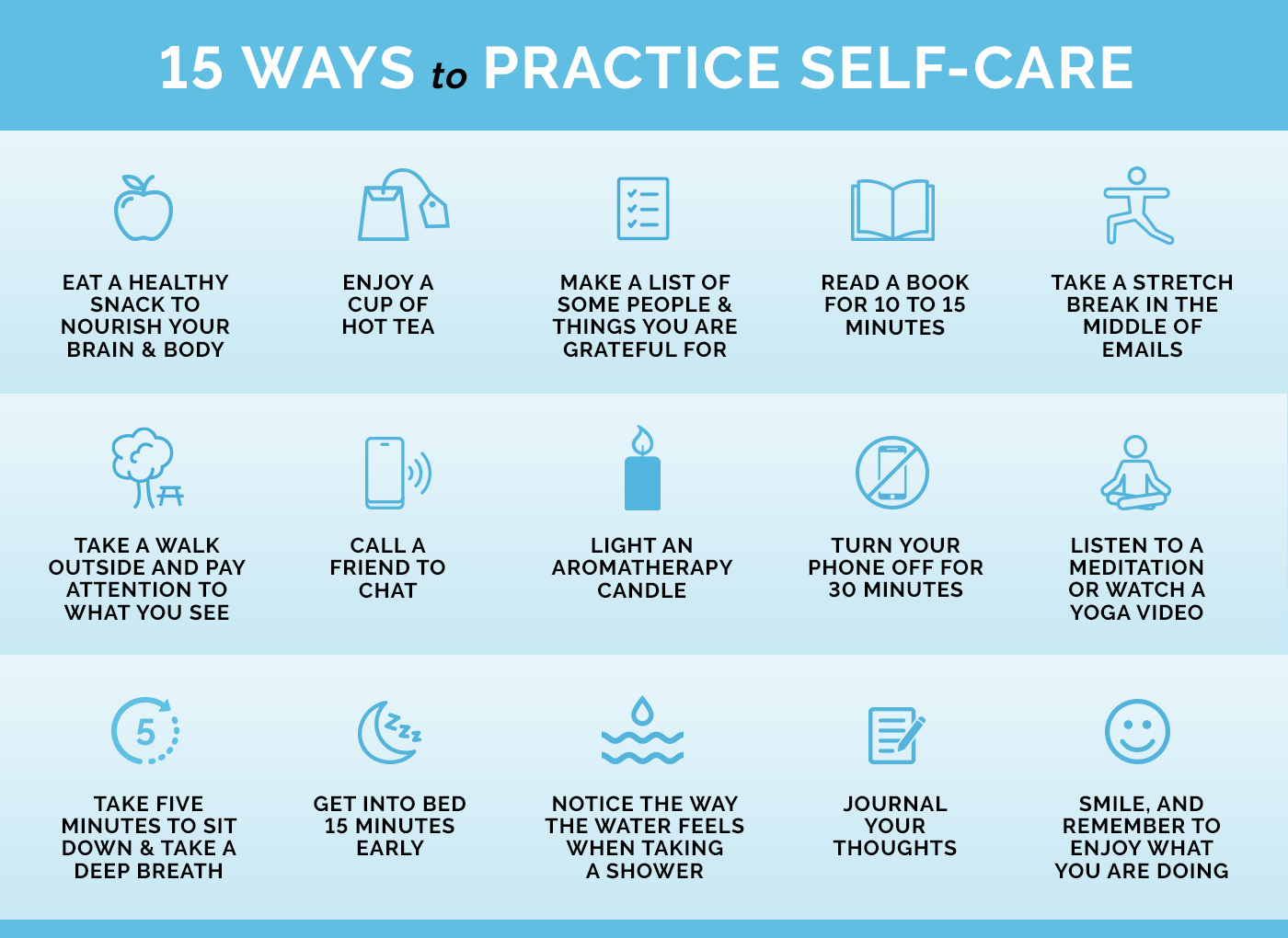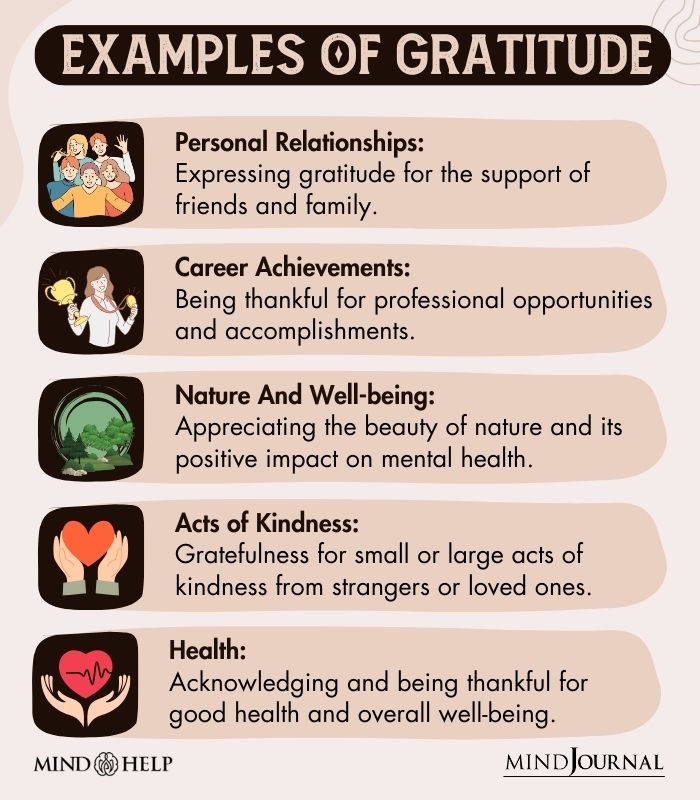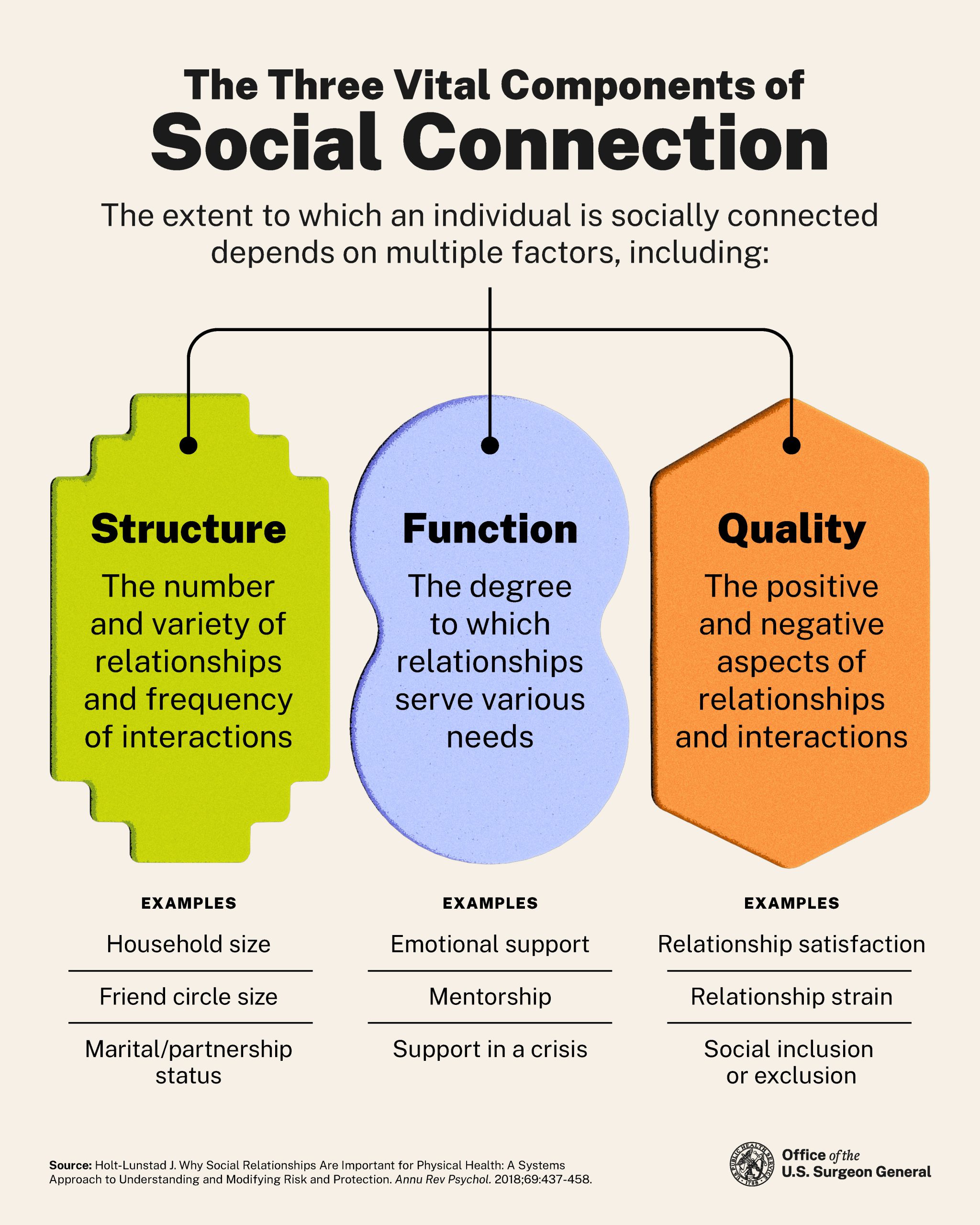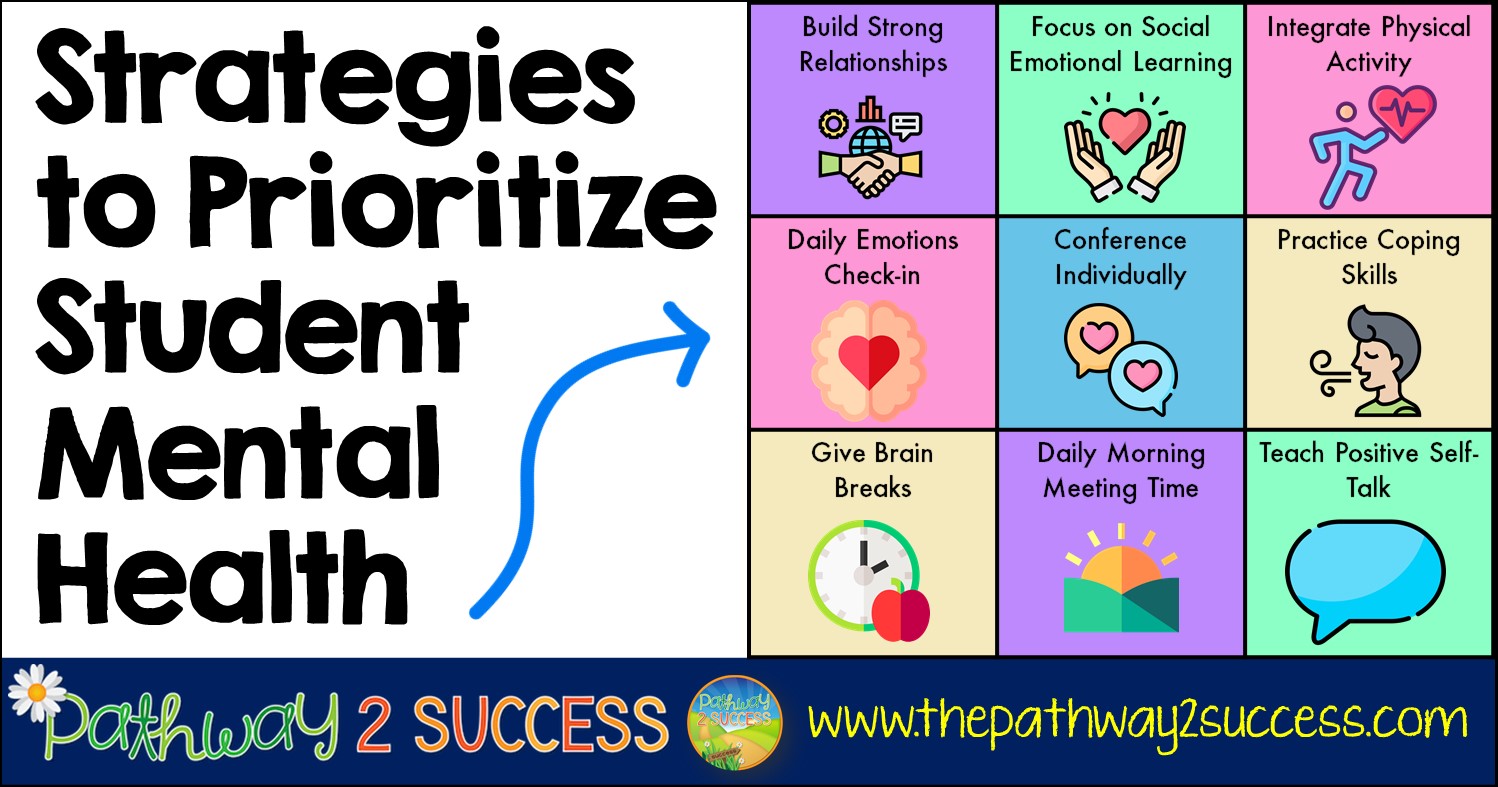Taking care of your mental health is essential for overall well-being. Incorporating daily practices for mental wellness can help you reduce stress, improve your mood, and enhance your overall quality of life. By implementing simple yet effective habits into your routine, you can nurture your mind and cultivate a positive mindset. In this article, we will explore ten daily practices for mental wellness that you can easily incorporate into your everyday life. These practices include mindfulness meditation, physical exercise, healthy eating habits, journaling and gratitude, and social connection and support.
Overview of the importance of mental wellness

Taking care of your mental health is crucial for overall well-being. Mental wellness refers to the state of emotional and psychological well-being, where individuals are able to cope with stress, handle challenges, and maintain a positive outlook on life. It is just as important as physical health and plays a significant role in our daily functioning. When we prioritize mental wellness, we can experience improved self-esteem, better relationships, increased productivity, and a higher quality of life. Incorporating daily practices for mental wellness is essential for maintaining optimal mental health.
Benefits of incorporating daily practices for mental health

Incorporating daily practices for mental health offers numerous benefits. It helps reduce stress and anxiety levels, improves mood and overall emotional well-being, enhances cognitive function and focus, promotes better sleep quality, boosts self-esteem and confidence, and increases resilience to handle life’s challenges. These practices also contribute to building healthy coping mechanisms and improving relationships with oneself and others. By prioritizing mental wellness through daily practices, individuals can experience a higher quality of life and cultivate a sense of balance and fulfillment.
Mindfulness Meditation
:max_bytes(150000):strip_icc()/Mind-body-Map-illustration-9-2000-e0eda542dd0e4358a1bcef0fac1dd17c.jpg)
Mindfulness meditation is a powerful practice for cultivating mental wellness. It involves focusing your attention on the present moment and accepting it without judgment. This practice helps to calm the mind, reduce stress, and increase self-awareness. By regularly dedicating time to mindfulness meditation, you can improve your ability to manage emotions, enhance concentration, and develop a greater sense of peace and clarity. Techniques such as deep breathing, body scans, and guided meditations can be incorporated into daily routines to experience the benefits of mindfulness meditation.
Explanation of mindfulness meditation

Mindfulness meditation involves focusing your attention on the present moment and accepting it without judgment. It is a practice that helps calm the mind, reduce stress, and increase self-awareness. By dedicating time to mindfulness meditation, you can improve your ability to manage emotions, enhance concentration, and develop a greater sense of peace and clarity. Techniques such as deep breathing, body scans, and guided meditations can be incorporated into daily routines to experience the benefits of mindfulness meditation.
Techniques and tips for practicing mindfulness daily

To incorporate mindfulness into your daily routine, start by setting aside a few minutes each day for meditation. Find a quiet and comfortable space where you won’t be disturbed. Focus on your breath, observing the sensations as you inhale and exhale. If your mind wanders, gently bring your attention back to the breath.
You can also practice mindfulness during everyday activities like eating or walking. Pay attention to the sensations, smells, and tastes of your food. Notice the movement of your body as you walk.
Remember, consistency is key. Start with just a few minutes a day and gradually increase the duration as you become more comfortable with the practice.
Physical Exercise

Physical exercise plays a vital role in promoting mental wellness. Engaging in regular physical activity has been shown to reduce symptoms of anxiety and depression, improve mood, and boost overall cognitive function. There are various types of exercises you can incorporate into your daily routine, such as cardio workouts, strength training, yoga, or simply going for a walk. Aim for at least 30 minutes of moderate-intensity exercise most days of the week. Find activities that you enjoy and make it a priority to move your body regularly for optimal mental health.
Impact of physical activity on mental health
Types of exercises for improving mental wellness
Engaging in various types of exercises can greatly improve mental wellness. Cardiovascular exercises, such as running, cycling, or swimming, increase blood flow to the brain and release endorphins that elevate mood. Strength training exercises, like weightlifting or bodyweight exercises, not only build physical strength but also boost self-confidence and improve cognitive function. Yoga and Pilates combine physical movement with mindfulness and deep breathing techniques, promoting relaxation and reducing stress. Ultimately, finding a combination of exercises that you enjoy and incorporating them into your routine is key to reaping the mental health benefits.
Healthy Eating Habits

Healthy eating habits play a crucial role in promoting mental well-being. A balanced diet that includes whole grains, fruits, vegetables, lean proteins, and healthy fats provides essential nutrients for brain function and helps stabilize mood. Avoiding excessive consumption of processed foods, sugar, and caffeine can also contribute to better mental health. Additionally, staying hydrated by drinking enough water throughout the day is vital for optimal brain function. Making conscious choices about what you eat can have a positive impact on your overall mental wellness.
Nutritional tips for promoting mental well-being

Eating a balanced diet is essential for maintaining good mental health. Incorporating the following nutritional tips into your daily routine can help promote mental well-being:
- Include plenty of fruits and vegetables: These are rich in vitamins, minerals, and antioxidants that support brain health.
- Choose whole grains: Opt for whole grain bread, pasta, and rice as they provide sustained energy and essential nutrients.
- Consume lean proteins: Foods like fish, chicken, tofu, and beans contain amino acids that support neurotransmitter production.
- Incorporate healthy fats: Omega-3 fatty acids found in salmon, walnuts, and flaxseeds are beneficial for brain health.
- Stay hydrated: Dehydration can impact cognitive function, so drink enough water throughout the day.
Remember to avoid or limit processed foods, sugary snacks, and excessive caffeine as these can negatively affect mood and mental well-being.
Foods that support a healthy mind

Incorporating certain foods into your diet can have a positive impact on your mental health. Here are some key foods to include:
- Fatty fish: Rich in omega-3 fatty acids, which are important for brain health. Examples include salmon, trout, and sardines.
- Leafy greens: Packed with nutrients like folate and vitamin K, which have been linked to a lower risk of depression and improved cognitive function.
- Berries: High in antioxidants that protect the brain from oxidative stress and inflammation.
- Nuts and seeds: Provide essential nutrients like vitamin E, which is associated with a reduced risk of cognitive decline.
- Whole grains: Release glucose slowly, providing a steady supply of energy to the brain.
- Dark chocolate: Contains flavonoids that can enhance mood and improve cognitive function.
By incorporating these foods into your diet, you can support your mental well-being and promote overall brain health.
Journaling and Gratitude
Journaling and practicing gratitude are powerful tools for promoting mental wellness. Journaling allows you to express your thoughts and emotions, helping you gain clarity and perspective. It can also serve as a safe space for self-reflection and problem-solving. On the other hand, practicing gratitude involves focusing on the positive aspects of your life and expressing appreciation for them. This practice has been linked to increased happiness, reduced stress levels, and improved overall mental health. By incorporating journaling and gratitude into your daily routine, you can cultivate a more positive mindset and enhance your mental well-being.
Benefits of journaling for Daily Practices for Mental Wellness

Journaling is a powerful tool for promoting mental wellness. By putting your thoughts and emotions on paper, you gain clarity and perspective. It provides a safe space for self-reflection and problem-solving. Journaling also helps manage stress, anxiety, and depression by releasing pent-up feelings. It improves mood and boosts self-esteem. Additionally, journaling enhances creativity and cognitive abilities. Making it a daily practice can lead to better overall mental health and well-being. So grab a pen and start journaling today to experience these benefits firsthand.
Practicing gratitude and its positive effects on mental health

Practicing gratitude has been shown to have numerous positive effects on mental health. It shifts our focus from negativity to the positive aspects of our lives, promoting feelings of contentment and happiness. Expressing gratitude can help reduce stress and anxiety, improve sleep quality, and enhance overall well-being. By acknowledging and appreciating the good things in our lives, we cultivate a more optimistic outlook and develop resilience in the face of challenges. Incorporating gratitude into our daily practices for mental wellness can lead to profound improvements in our mental health.
Social Connection and Support

Social connections play a crucial role in our mental wellness. Engaging with others and cultivating supportive relationships can have a positive impact on our mental health. Connecting with friends, family, or participating in group activities can provide a sense of belonging and reduce feelings of loneliness or isolation. Additionally, having a support system in place allows us to share our thoughts and emotions, seek advice, and receive comfort during challenging times. Building and maintaining social connections is an essential daily practice for promoting overall mental well-being.
The role of social relationships in mental wellness

Social relationships play a crucial role in our mental wellness. Engaging with others and cultivating supportive relationships can have a positive impact on our mental health. Connecting with friends, family, or participating in group activities can provide a sense of belonging and reduce feelings of loneliness or isolation. Additionally, having a support system in place allows us to share our thoughts and emotions, seek advice, and receive comfort during challenging times. Building and maintaining social connections is an essential daily practice for promoting overall mental well-being.
Ways to cultivate supportive social connections for better mental health

Building and maintaining social connections is essential for better mental health. Here are some ways to cultivate supportive relationships:
- Reach out: Take the initiative to connect with others. Call or text a friend, join a club or organization, or attend social events.
- Be present: When interacting with others, be fully engaged and attentive. Show genuine interest in their lives and listen actively.
- Share your thoughts and feelings: Open up and express yourself honestly with trusted individuals. This vulnerability can deepen connections and provide emotional support.
- Practice empathy: Put yourself in others’ shoes and try to understand their perspectives. Show compassion, validate their feelings, and offer support when needed.
- Foster mutual interests: Engage in activities that you enjoy together with others. This shared experience can strengthen bonds and create lasting connections.
- Prioritize quality over quantity: Focus on building meaningful relationships rather than having a large network of acquaintances. Invest time in nurturing those connections that bring you joy and support.
- Seek professional help if needed: If you’re struggling to form or maintain social connections, consider therapy or counseling to explore any underlying issues that may be affecting your relationships.
Remember, building supportive social connections takes effort but can have a tremendous impact on your mental well-being Aerns.

